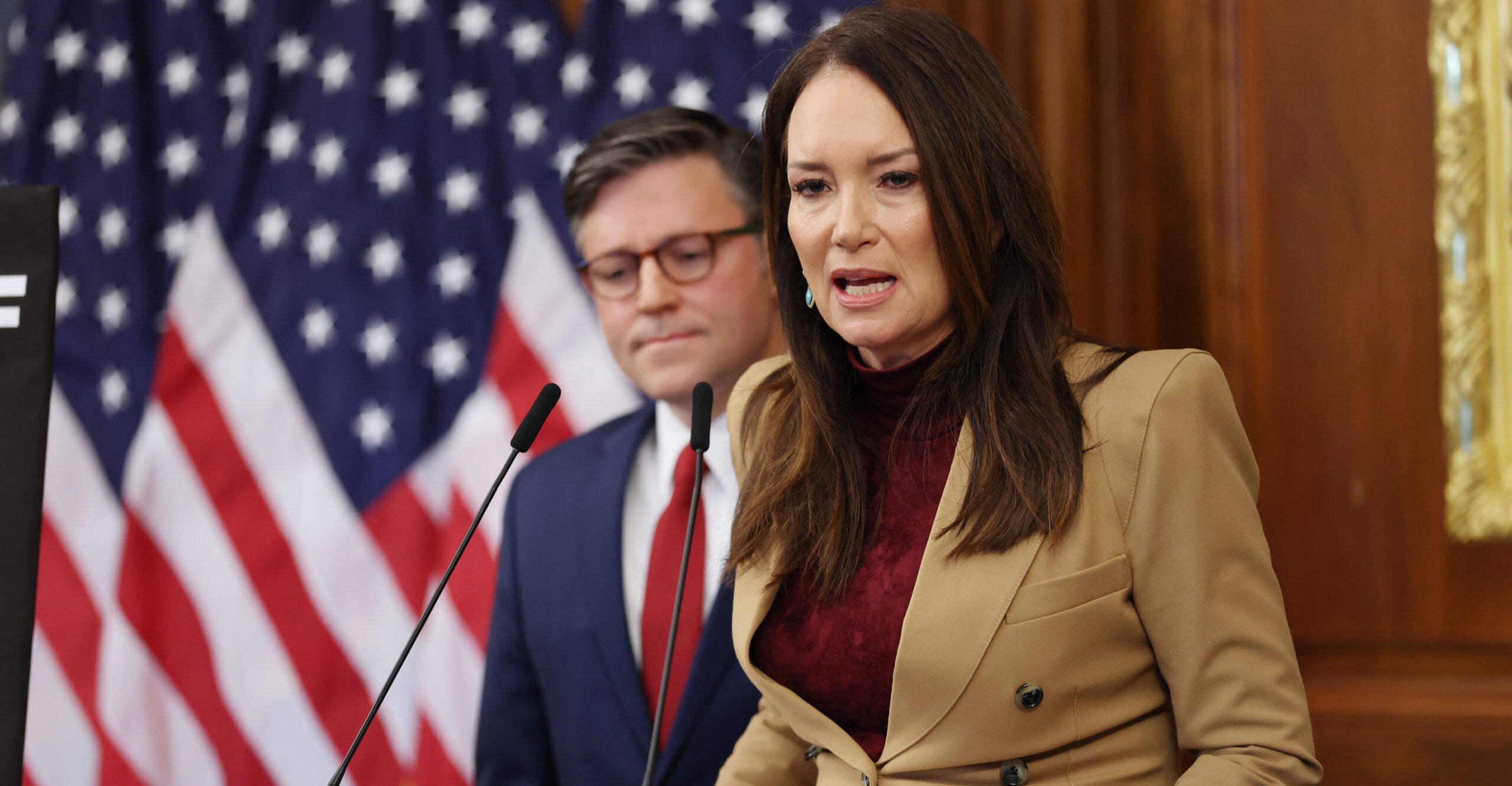
www.dailysignal.com
USDA to Require SNAP Recipients to Reapply in Move to Halt Fraud and Abuse
Following the longest government shutdown in U.S. history, which saw food stamp programs nearly lose their funding, President Donald Trump and his administration are moving to eliminate fraud and abuse in the program. Agriculture Secretary Brooke Rollins announced last week that the U.S. Department of Agriculture (USDA) will be requiring Supplemental Nutrition Assistance Program (SNAP) beneficiaries to reapply for the program after her department found thousands of instances of fraud and abuse.
Upon taking office, Rollins sent letters to state governments requesting data on the administration of SNAP benefits. While only 29 states responded, she found ample evidence of fraud and abuse. “We know there’s a lot of fraud; we need to help partner with you all to figure out how to make sure that this money and these benefits go to those who truly need it and not rife with fraud and corruption,” Rollins said of her outreach to the states. Based on information she received, Rollins reported that over 185,000 dead people were registered to receive and were receiving SNAP benefits, and over 500,000 people were receiving benefits twice under the same name. “Here’s the really stunning thing: This is just data from those 29 mostly-red states,” she noted. “Can you imagine when we get our hands on the blue-state data, what we’re going to find?”
In one case, Rollins said, someone had used the same Social Security number (SSN) to register for electronic benefit transfer (EBT) cards in six different states. “These are the things that we’re uncovering that, for years, no one has really ever dug into because the feds didn’t have the system in place to do it. But we do now,” Rollins asserted. “The president has made this a priority. We will fix this program,” she added. The secretary further pledged that the USDA will “fundamentally rebuild this program, have everyone reapply for their benefit, make sure that everyone who’s taking a taxpayer-funded benefit through SNAP or food stamps that they literally are vulnerable, and they can’t survive without it. That’s the next step here.”
Rollins pointed out in a separate interview that the Democrats’ government shutdown ended up highlighting the fraud and abuse in SNAP on a national scale. “I do think what the Democrats did not include in their calculation, in their insane government shutdown, was the fact that this spotlight was going to [shine] upon one of their favorite government welfare programs that, under Joe Biden, increased 40%,” the secretary said. “All of this money that the federal government, the taxpayers are paying for food stamps, we don’t even know where it goes, what happens, what they’re doing with it.”
The USDA chief shared that approximately 80% of those receiving SNAP benefits are “able-bodied Americans” eligible to work. “They don’t have small children at home, they’re not taking care of an elderly parent, they can work and they choose not to work, of course, because they’re getting significant benefits from the taxpayer,” she emphasized. “So this … is perhaps one of the most corrupt, dysfunctional programs in American history that—we are working now… We are cracking down. We now have a plan to fix it.”
In comments to The Washington Stand, Rachel Sheffield, a research fellow in Welfare and Family Policy at The Heritage Foundation’s Richard and Helen DeVos Center for Human Flourishing, explained, “It’s hard to estimate the extent of SNAP fraud because much of it is not measured.” She continued, “USDA data shows about $9 billion in SNAP overpayment errors for 2024. USDA estimates that SNAP loses another $1 billion each year due to benefit trafficking. And roughly 13% of all stores that participate in SNAP engage in trafficking.”
“Fraud occurs in different ways,” Sheffield observed. “Individuals commit SNAP fraud by: providing false information on their SNAP applications to increase their benefit amount (e.g., claiming they have lower income and/or higher costs than they actually do or claiming more people live in the household than actually do), stealing another person’s identity to claim benefits, selling SNAP benefits for cash or other goods, or running up a balance on their SNAP card and then reporting the card stolen so they can receive more benefits.”
“Retailers also engage in fraud by misrepresenting themselves as a qualified grocer when they in fact do not meet the criteria,” Sheffield continued. “Retailers sometimes do this to engage in benefit trafficking. This can occur when a SNAP beneficiary allows a retailer to charge money to their SNAP card, let’s say $50, in exchange for cash of a less[er] amount, let’s say $30. The retailer profits from this transaction even though there is no exchange of food.”
“There are several options to deal with fraud in SNAP,” Sheffield posited. One such method would require states to fund a portion of SNAP benefits. “As it stands, the federal government funds nearly the entirety of SNAP, so states have no skin in the game when it comes to detecting and preventing SNAP fraud. The ‘One Big Beautiful Bill’ made a step forward on this policy by requiring states to pay a portion of funding based on their payment error rates,” Sheffield noted. “States could be required to match the amount of SNAP funding they receive from the federal government,” she added.
The Heritage Foundation scholar also suggested “strengthening eligibility verification for SNAP applicants by using secondary sources of data to verify income. Some states use self-attestation to verify an applicant’s income, household size, expenses, and so forth. States could be required to use other data sources for verification and only rely on self-attestation when other data are not available.”
Originally published by The Washington Stand
The post USDA to Require SNAP Recipients to Reapply in Move to Halt Fraud and Abuse appeared first on The Daily Signal.










